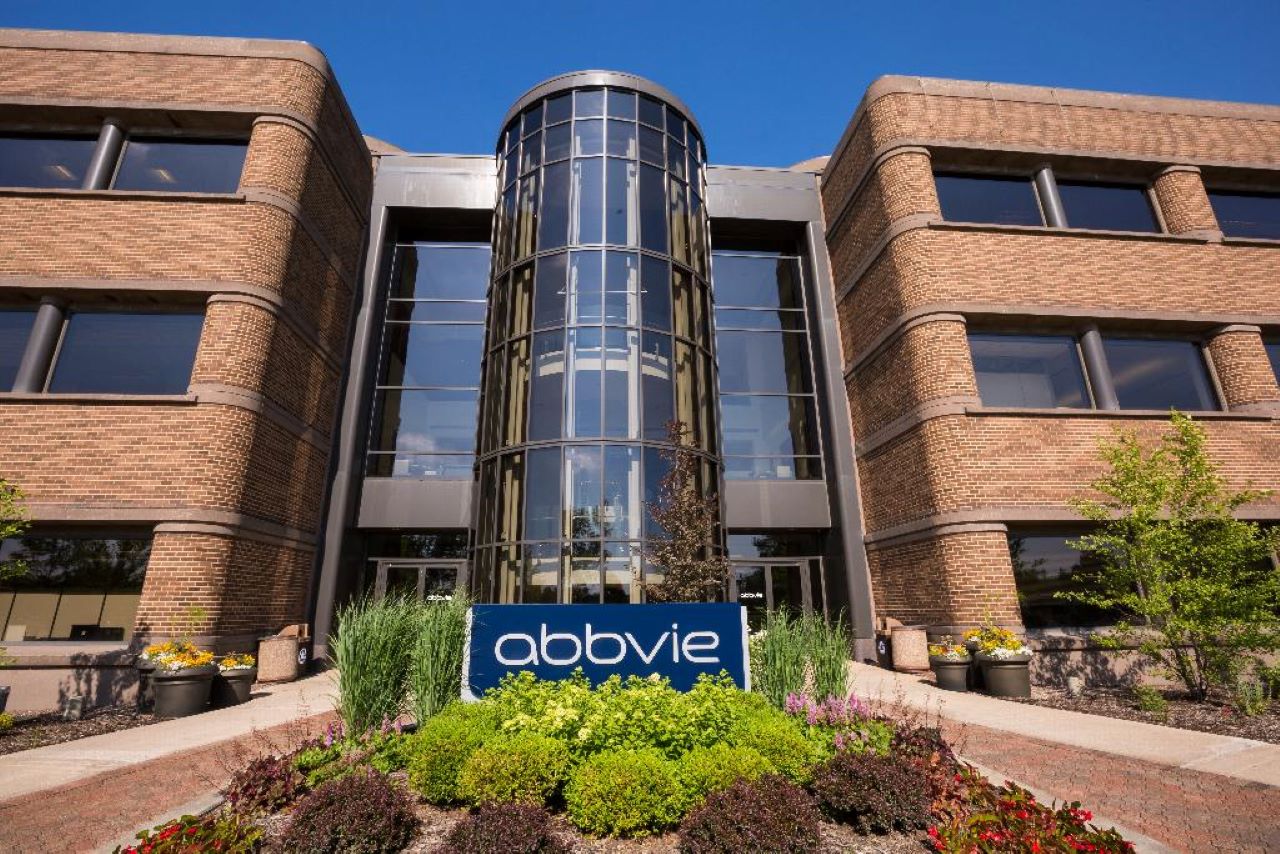

AbbVie has signed a collaboration and licensing agreement with Caribou Biosciences for the research and development of chimeric antigen receptor (CAR)-T cell therapeutics.
Even though allogeneic, ‘off-the-shelf’ CAR-T cell therapies demonstrated early promise in some cancer patients and there exists a need for overcoming the allogeneic CAR-T cell rejection by the host immune system.

Discover B2B Marketing That Performs
Combine business intelligence and editorial excellence to reach engaged professionals across 36 leading media platforms.
Using Caribou’s CRISPR genome editing platform to engineer CAR-T cells to withstand host immune attack would aid in developing the next-generation of ‘off-the-shelf’ cellular therapies to benefit a wider population of patients.
Under the agreement, AbbVie will carry out research and development of two new CAR-T cell therapies directed to targets specified by the company, by leveraging Caribou’s next-generation Cas12a CRISPR hybrid RNA-DNA (chRDNA) genome editing and cell therapy technologies.
AbbVie will have exclusive rights to the Caribou’s genome editing and cell therapy technologies for the selected targets.
For the collaboration programmes, Caribou will carry out specific pre-clinical research, development and manufacturing activities and AbbVie will reimburse Caribou for all activities under the partnership.

US Tariffs are shifting - will you react or anticipate?
Don’t let policy changes catch you off guard. Stay proactive with real-time data and expert analysis.
By GlobalDataAs per the deal, AbbVie is in charge of all clinical development, commercialisation and manufacturing. It also holds an option to pay a fee to expand the partnership to include up to two more CAR-T cell therapies.
In this regard, Caribou will get a $40m upfront cash payment and equity investment, as well as up to $300m as future development, regulatory and launch milestones.
It may also receive additional payments for commercial milestones and global tiered royalties.
Caribou Biosciences president and CEO Rachel Haurwitz said: “This collaboration validates Caribou’s differentiated next-generation CRISPR genome editing technologies that provide best-in-class efficiency and specificity.
“Genome-edited CAR-T cell therapies hold tremendous potential for patients, and this partnership accelerates our ability to address significant unmet medical need.”
Meanwhile, the US Food and Drug Administration (FDA) has approved AbbVie company Allergan’s BOTOX for treating detrusor (bladder muscle) overactivity linked to a neurologic condition in paediatric patients aged five years and above.
The approval derives from data of a Phase III study, which showed that intradetrusor administration of BOTOX 200 Units reduced daytime urinary incontinence episodes and decreased maximum bladder pressure and increased bladder capacity at week six.
Last September, AbbVie entered a global collaboration agreement with I-Mab to develop and commercialise lemzoparlimab (TJC4), an immuno-oncology therapy.
Cell & Gene Therapy Coverage on Pharmaceutical Technology supported by Cytiva.
Editorial content is independently produced and follows the highest standards of journalistic integrity. Topic sponsors are not involved in the creation of editorial content.

